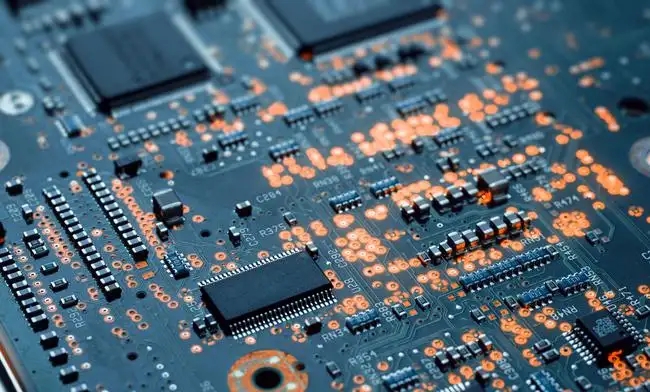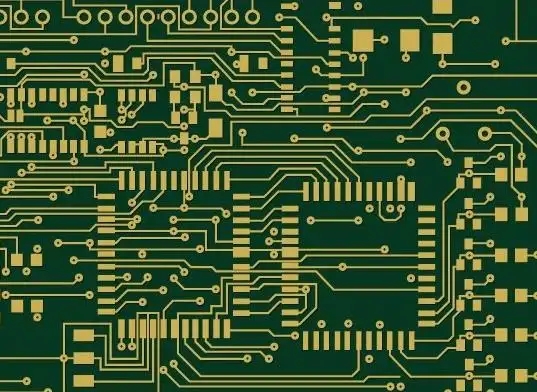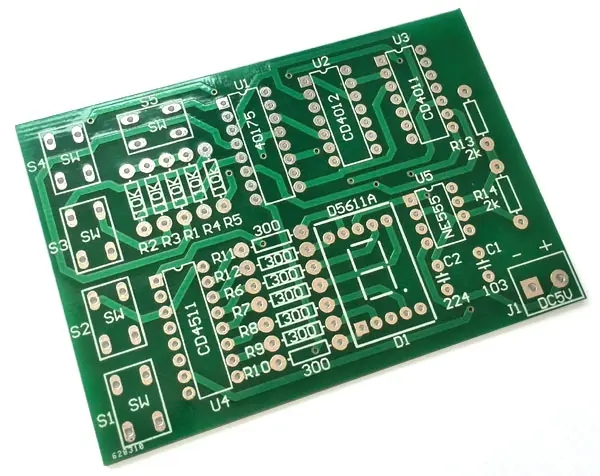
How to select lead-free solder in lead-free soldering
Circuit board manufacturer explains how to select lead-free solder in lead-free soldering
Most components of the current PCB have been welded with hot air or hot nitrogen SMT solder paste (R e f l o w S o l d e i ng), and only a few parts (such as connectors or sockets, which pay attention to the bonding strength) still use the old wave welding (W a v e S o l d e r i ng). However, for some assembly boards of household appliances or industrial controls, when large and heavy transformers or electrolytic capacitors are still needed, only through hole socket welding with better strength can be continued. Therefore, lead-free welding must take into account both fusion welding and wave welding.

2、 Lead free wave soldering
Wave soldering of lead-free solder is more troublesome than fusion soldering, if we still use Sn Ag Cu solder. The average temperature of the tin bath in the unit shall be increased by 5 O ℃ and about 250 ℃ to 260 ℃; The peak temperature at the moment of welding will be more than 280 ℃ (about 3-6 seconds), and the preheating time needs to be extended to reduce the high temperature thermal shock. Such heat is greatly increased. There must be many negative effects, and the defects and improvements are described as follows:
◆ The Tg of the plate should be at least 170 ℃ above, and it should also have the function of CAF.
◆ The flux is easy to crack, and with the increase of the solid rosin, the residue not only becomes more, but also is difficult to clean. It can be improved by adding nitrogen to reduce oxidation.
◆ Under the enhanced high-temperature oxidation, the dross of the tin bath itself also increases (under the same nitrogen condition, the dross amount of SnPb is about 12gm/hr per hour), but Pb Free is as high as 27 gm/hr). In addition, the cost of solder and flux of Pb-Fre is much more expensive than SnPb, leading to a significant increase in the overall cost. In addition, for the sake of quality and reliability, nitrogen environment must be added for improvement.
◆ The specific gravity of Pb Free solder becomes lighter, which makes it difficult for the MC to float out and the amount of copper dissolved is also accelerated, resulting in early pool change and increased costs. The current wave welding unit can no longer adapt to the increased heat consumption, so it is necessary to try to modify (R e t r O fi t) or purchase a new one.
◆ In order to make the lead-free solder joint crystal more delicate and reliable, the cooling rate after welding must be accelerated, and special accessories must be installed to prevent the flux from entering the smelting section, so as to reduce the occurrence of pollution and subsequent problems.
◆ The tin bath and propeller of the stainless steel used will be attacked by a high proportion of pure tin in the long-term strong heat. It is inevitable that iron will dissolve into the tin bath to form Sn F e type M C, causing corrosion spots (P it S) and damage of the stainless steel body, as well as welding difficulties and poor solder joints. The solder in the tin bath must be replaced regularly (or when the iron content reaches 0.3%), and the stainless steel tin bath and the damaged propeller should also be replaced every half a year (see Figure l3 below). Of course, the new machine with protective film can also be replaced, or special surface treatment can be added to the old machine for protection. Of course, special alloys that can resist the attack of molten pure tin can also be directly used, but the cost will be quite expensive.
◆ In order to prevent molten pure tin from attacking the propeller, an "electromagnetic pump" has been developed; The pumping action is made by using the force of current and magnetic field, which can increase the width of wave amplitude to 5 O O m m, and the practicability is quite good. This machine is made of cast iron to build the tin bath body, and is additionally attached with the surface treatment of F seeking conductor which can resist the attack of tin. However, pay attention to the removal of scum to avoid damage to the tank. It is better to add nitrogen environment to reduce scum and maintenance, save flux, and improve tin adhesion and inhibit defects.
The above is how to select lead-free solder in lead-free soldering explained by circuit board manufacturers, circuit board designers and circuit board manufacturers









